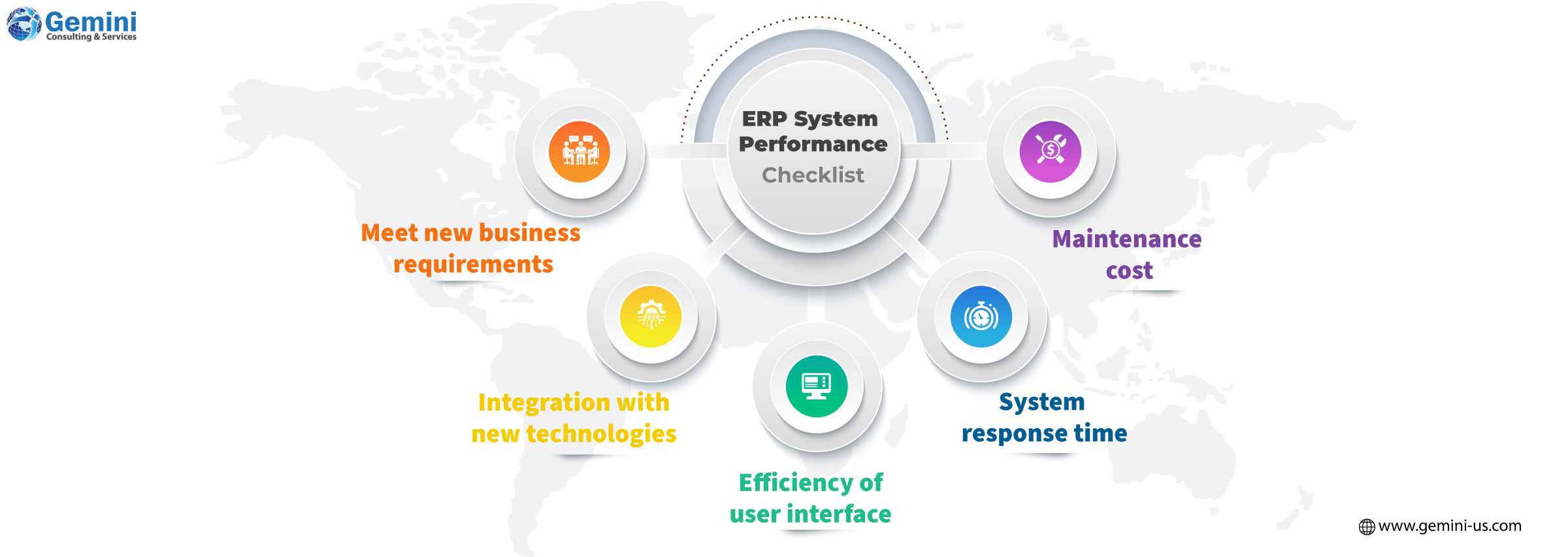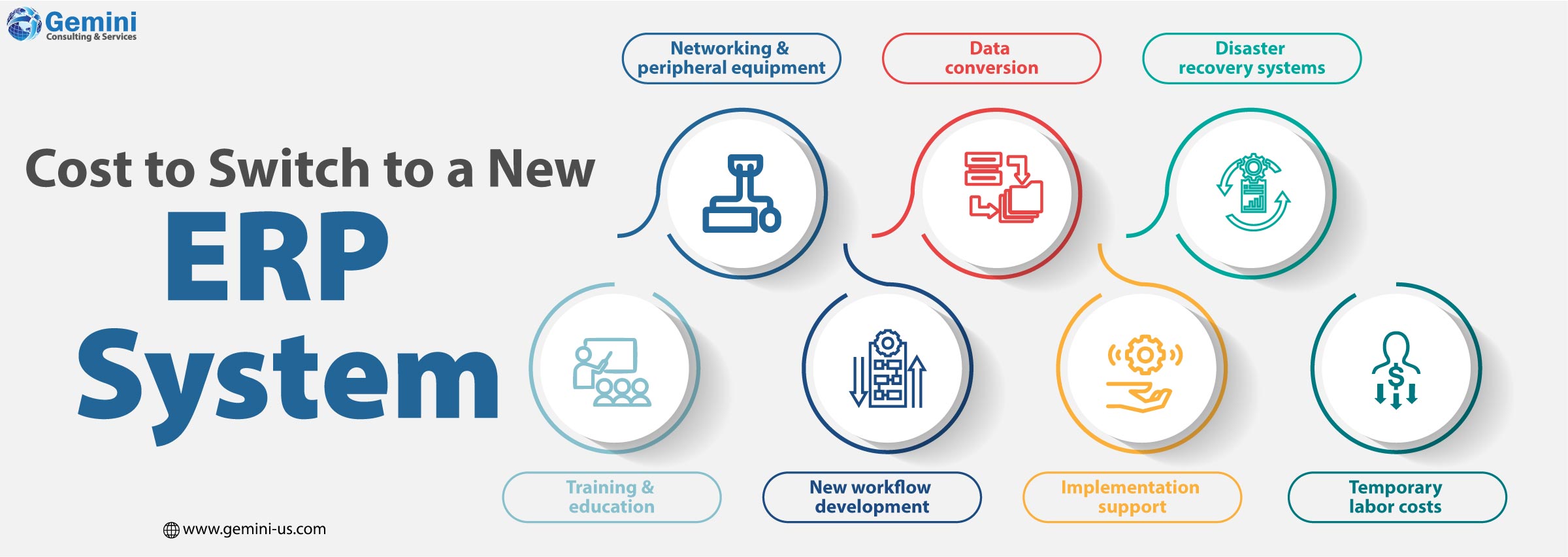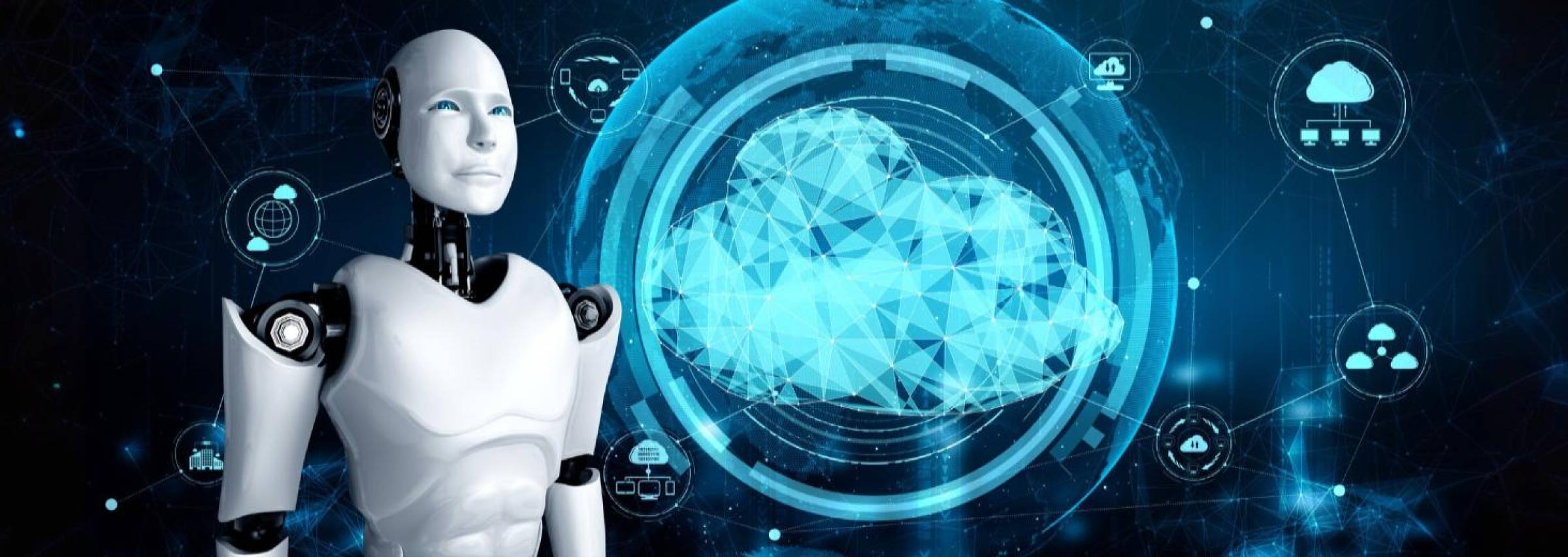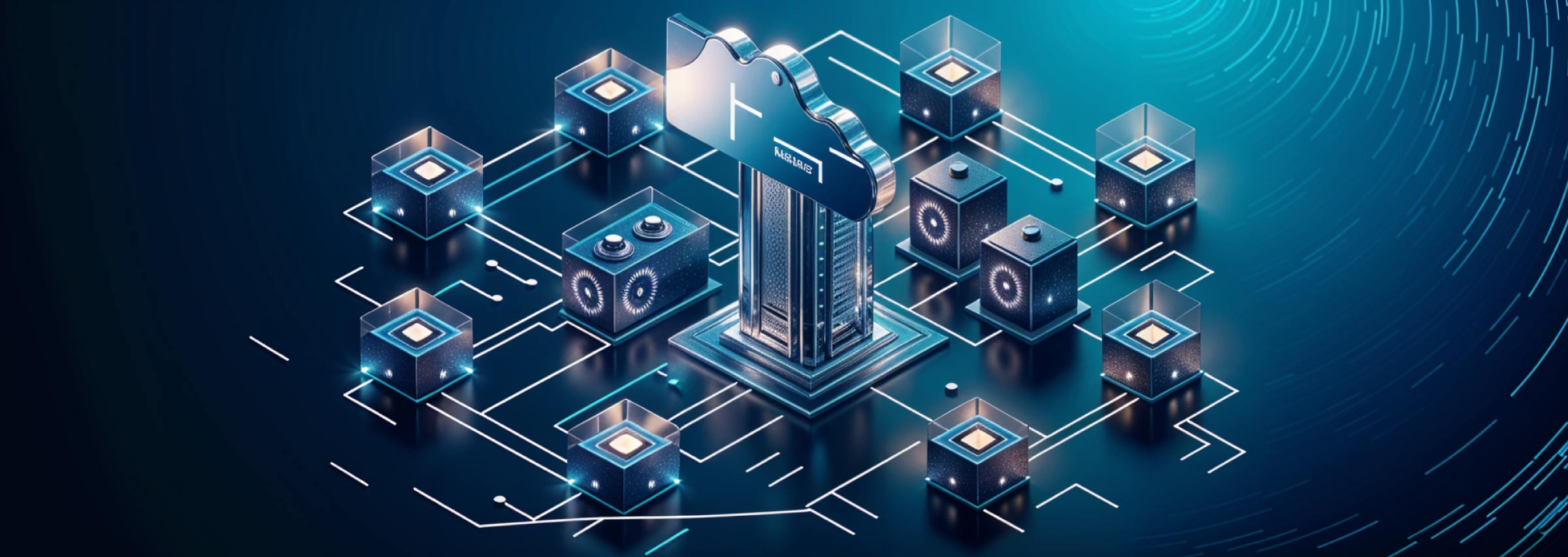Is your ERP system effectively supporting your business needs? Have you thought about upgrading your ERP system? Although this may not be a question often asked by vendors, it is one worth considering. Your existing ERP system may no longer meet the growing demands of your business or might be becoming expensive and difficult to modify. Regular ERP performance assessments are crucial to avoid potential issues before they impact your operations.
Is There an Ideal ERP System?
Unfortunately, there is not a one-size-fits-all ERP solution. Even if your ERP system was perfect at one point, your business needs will evolve, and your system should adapt accordingly. Continuous evaluation of how well your ERP supports your current business processes is essential. Legacy ERP systems may be outdated, but many are still functional with regular updates and maintenance. However, ERP vendors often recommend system upgrades to take advantage of the latest enhancements and performance fixes. If your system is facing challenges, such as poor performance, it is essential to assess whether updates or add-ons can solve these issues or if an ERP upgrade is needed.
Is Your ERP System Underperforming?
Regular monitoring of your ERP system’s performance is critical. As your business requirements change, your ERP system needs to adapt accordingly to keep pace with new customer demands and business growth. Signs that your ERP system may be underperforming include the following.

- Inability to meet new business requirements or support expansion.
- Difficulty integrating with new technologies and modern business processes, resulting in high costs.
- Inefficient user interface that reduces employee productivity.
- Slow system response time and inadequate data storage and retrieval.
- High ongoing maintenance costs and difficulty obtaining vendor support.
If your ERP is a legacy system with limited vendor support, you will likely face rising costs for system maintenance and may struggle to find qualified professionals for necessary updates or support. These issues can worsen over time, signaling that an upgrade or replacement is inevitable.
Expenses for Keeping an ERP System Operational
Many businesses are shocked when they analyze the true cost of maintaining their current ERP system. ERP costs can be difficult to calculate, as they often involve both direct and indirect expenses. In addition to software and hardware costs, ongoing support and service expenses, such as IT maintenance and consulting, should also be considered. If your system needs updates, include the cost of upgrading or adding new features.
Additionally, calculate the internal IT expenses, such as salaries, utilities, and supplies, specifically for ERP support. Some of these costs will persist even after an ERP upgrade, especially if you are transitioning to a traditional on-premise system. For businesses considering cloud ERP or SaaS ERP, the cost structure differs significantly from on-premise setups, so it is essential to compare these options.

Upgrading or replacing your ERP system can be a significant investment, but it is an expense worth considering in light of the potential benefits. When evaluating the cost of an ERP system upgrade, factor in both the immediate expenses and the long-term value. The total cost of ownership should be assessed over several years, not just as an upfront cost.
Consider all elements of the upgrade, including:
- Networking and peripheral equipment, such as barcode scanners and mobile devices.
- Data conversion, entry, and archiving for historical records.
- Disaster recovery systems and redundancy solutions.
- Training and education for ERP implementation and end-users.
- New workflow development and process documentation.
- Implementation support, whether from consultants or external experts.
- Temporary labor costs to support employees during the transition.
For businesses moving to
If your business is considering an upgrade to its current ERP system, Gemini Consulting & Services can assist with an analysis and offer a cost comparison between maintaining the existing system and upgrading to a more advanced solution. Contact us to enhance your ERP system and transition to a more efficient option.
Financial Justification for an ERP System Upgrade
To justify the cost of a new ERP system, conduct a detailed cost-benefit analysis. Calculate all expected expenses, including software, hardware, and implementation. On the benefits side, consider how the new system will improve productivity, customer service, and overall business performance.
Key benefits of upgrading your ERP include:
- Improved Efficiency: ERP systems streamline operations, reduce labor costs, and minimize inventory costs. These savings are realized when employees effectively use the system’s features to optimize workflows.
- Better Customer Service: A modern ERP system can enhance your ability to serve customers, leading to increased sales, higher customer satisfaction, and improved market share.
- Workplace Improvements: Today’s ERP systems prioritize user experience (UX), offering personalized workflows that make employees more efficient and productive. These improvements can lead to better performance without increasing headcount.



